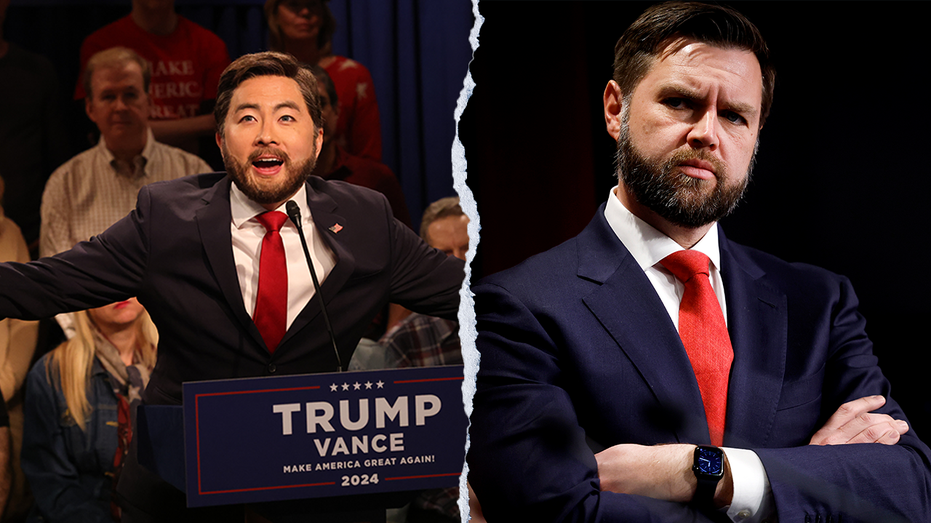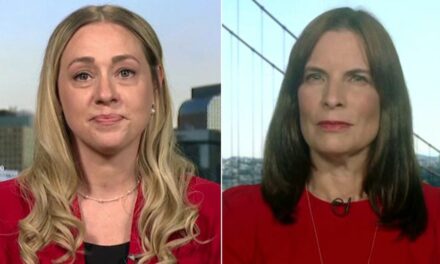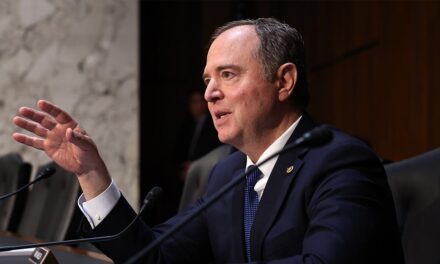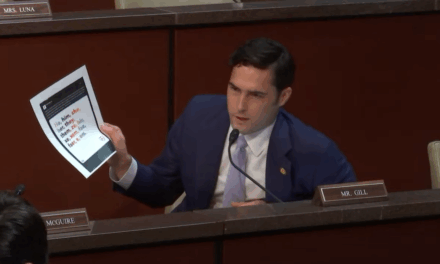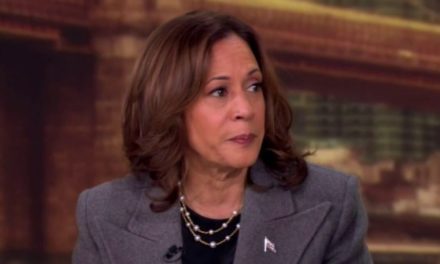In a controversial move that has sparked outrage across the nation, the long-running sketch comedy show “Saturday Night Live” (SNL) took a bold step by mocking the death of Pope Francis. The late Pontiff, who passed away recently, had a significant impact on the global stage, advocating for social justice, environmental issues, and interfaith dialogue. However, SNL’s decision to create a skit surrounding this sensitive subject has drawn sharp criticism from various quarters, including religious communities and fans of the show who feel that the line between satire and insensitivity has been crossed.
The opening segment of the episode featured a parody news report discussing the Pope’s passing with all the irreverence that has come to define SNL’s approach to current events. In this sketch, cast members donned ecclesiastical garb while delivering absurd commentary about the Pope’s legacy and the reaction of the public to his demise. This sketch quickly escalated into a farcical debate on who could possibly replace him. Critics argue that the material was not only disrespectful but also trivialized the significance of a figure who has played a vital role in uniting people across various faiths.
Furthermore, the show took a peculiar turn by implying that Vice President JD Vance had a role in the creation of the controversial segment. Vance, a former U.S. Senator known for his ties to the Trump administration, has been a prominent figure in today’s political landscape. In a surprising twist, SNL’s sketch suggested that Vance orchestrated the satire to distract from pressing political issues facing the nation. While this insinuation was played for laughs, it has raised eyebrows among viewers who find it concerning that such a serious topic could be used as a vehicle for political commentary.
Analysts have noted that the implied connection between Vance and the sketch potentially reflects the broader trend of politicians using comedy and media to influence public perception. In today’s rapidly shifting political arena, where memes and viral content can shape narratives, SNL’s portrayal of Vance as a puppeteer manipulating comedic content seeks to highlight the intersection of media and politics. For some viewers, the portrayal represents a clever commentary on the blurring lines between entertainment and political discourse.
Critics of SNL’s decision to poke fun at the Pope argue that the comedy show has, in recent years, become increasingly provocative in its attempts to engage with serious issues through satire. While humor can serve as an effective tool for social commentary, there is a growing sentiment that it sometimes comes at the cost of respect and reverence for the individuals and institutions being targeted. Notably, the Pope represented not only a religious figure for millions but also an advocate for global compassion and understanding.
This incident is not the first time SNL has faced backlash for controversial content. The show has, in the past, tackled many politically charged topics and celebrities, but it often draws the line at the personal tragedies of individuals. The production team at SNL has defended their approach to comedy, arguing that satire serves a crucial role in challenging power and confronting uncomfortable truths, but many contend that there are limits, especially surrounding death and faith.
The backlash to this particular sketch has extended beyond mere social media jabs. Religious groups and leaders have condemned the network for what they see as a betrayal of the basic tenets of respect and love that the Pope embodied. Church spokespersons have highlighted the need for sensitivity and understanding in times of grief, emphasizing that laughter at the expense of a beloved figure is not only distasteful but may also alienate the very audience that fuels the comedy shows.
In the days following the sketch, various clips circulated online, leading to intensified debates about the show’s moral responsibility. Social media platforms exploded with reactions both in support and opposition to SNL’s satirical portrayal. Advocates of free speech defended the show’s content as protected under the umbrella of satire, asserting that such comedic expressions are a cornerstone of American culture. On the flip side, detractors claimed that the piece not only lacked taste but was emblematic of a growing trend where sacred topics are rendered open to ridicule in the name of humor.
Meanwhile, Vice President JD Vance has not made any comments regarding SNL’s sketch or the implications made about his involvement. Vance, a figure often embroiled in controversy due to his political stances and past comments, has generally attempted to maintain a low profile in regards to mainstream media portrayals. His office has not directly responded to inquiries about the SNL episode or its broader implications on his persona as a political leader.
The conversation surrounding the episode sheds light on the complex relationship between media, politics, and faith. As America navigates through an increasingly polarized environment, the questions raised by SNL’s recent antics underscore the urgency of examining how humor can lead to a sense of communal belonging but can also provoke division and anger.
As viewers continue to debate the appropriateness of SNL’s approach, it is clear that the skit surrounding the Pope’s passing and its implications about JD Vance will remain a point of contention. Many hope that these conversations lead to deeper reflections on the ethical considerations of comedy, especially regarding sensitive subjects such as faith and death.
In conclusion, the episode stands as a reminder of the delicate balance comedians must maintain in their pursuit of laughs while addressing significant societal issues. SNL’s controversial take on the Pope’s death and its implication regarding Vice President JD Vance invites viewers to confront the broader implications of political satire and consider what boundaries should exist in the complex interplay of humor, respect, and responsibility.
The United States is no stranger to using humor as a lens through which to understand and critique contemporary life; however, as the outrage surrounding this episode demonstrates, there are continued debates regarding the ethics of comedy and the responsibilities that come with it. As the nation moves forward, the hope is that such discussions enhance the quality of comedic expression without losing sight of the humanity that underpins various aspects of life.

